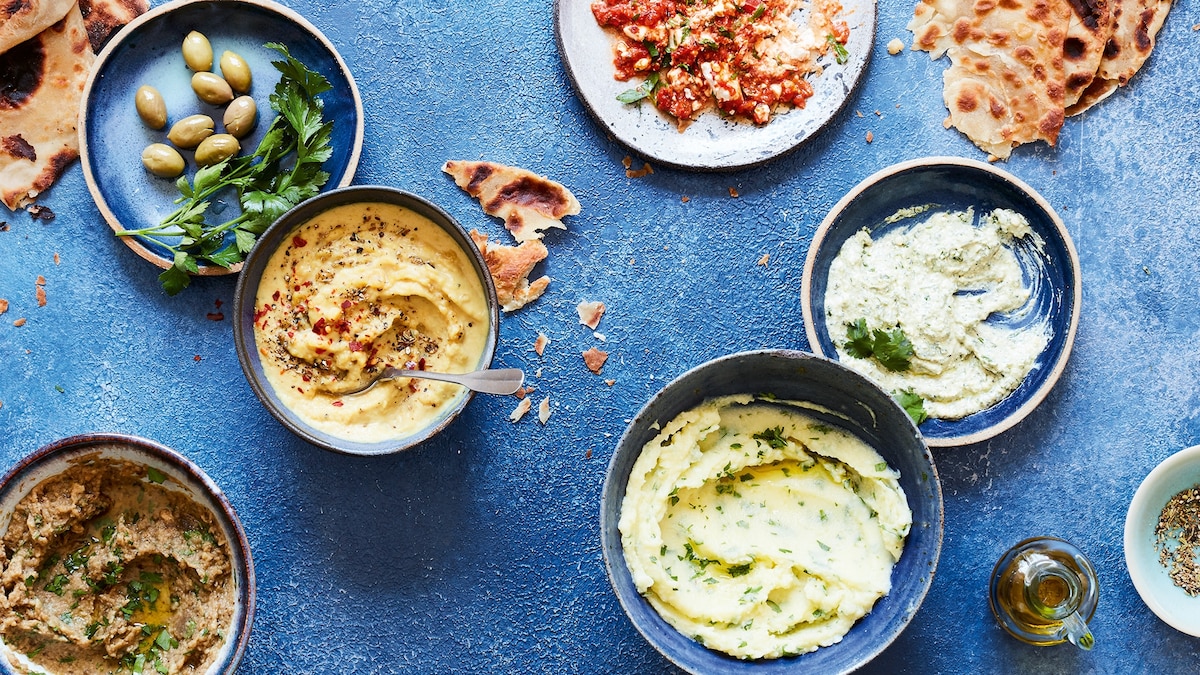Now Reading: Top 9 Must-Try Dishes for Your Greek Getaway
-
01
Top 9 Must-Try Dishes for Your Greek Getaway
Top 9 Must-Try Dishes for Your Greek Getaway

Speedy Summary:
- Article showcases Greek culinary culture with descriptions of dishes best enjoyed in outdoor settings-on mountaintops or beaches.
- Highlighted dishes include:
– Pastitsada (Corfu): Slow-cooked meat stewed in a tomato sauce with spetseriko spices, served over pasta. Influenced by Venetian colonizers 500+ years ago.
– Sfouggato (Lesvos): A vegetable and cheese dish akin to a velvety pie, flavored with herbs and tarhana wheat, cherished for its nourishing simplicity. Popularized through the Women’s Cooperative of Petra since 1983.- Skordalia (Macedonia): Garlic-based dip paired traditionally with cod; northern Greece’s version adds walnuts for a balanced flavor profile.
– Masourakia (Chios): Almond filo pastries infused with mastiha resin-a unique aromatic ingredient local to Chios.- Bakaliaros Plaki (Peloponnese): Salt cod baked with vegetables, currants, regional olive oil, and aromatic spices; adaptable into vegetarian versions.
– Soufiko (Ikaria): Blue Zone vegan stew rich in island-grown summer veggies; emphasizes healthy living traditions linked to longevity.
– Revithada (Sifnos): Clay pot-baked chickpea stew flavored minimally but vibrantly using lemon and bay leaves. Famed for its slow cooking process overnight in outdoor ovens.
– Bougatsa (Thessaloniki): Cappadocian-origin breakfast pie made from delicate phyllo layers filled with semolina custard or savory fillings.
- Insights include cultural roots such as venetian spice influences, cappadocian migrant recipes like bougatsa from the Byzantine era.
Images provided showcase featured dishes like Pastitsada and Bakaliaros Plaki alongside regional produce like Chios mastiha trees or Corfu olives.
Read more at National Geographic.
Indian opinion Analysis:
India’s culinary diversity parallels Greece’s rich food history showcased here-both rooted deeply in local geography,agricultural bounty,cross-cultural exchanges,and communal traditions around food planning. For India-a land of similarly region-specific cuisines-the emphasis on preserving traditional methods is especially resonant given rising globalization pressures that may dilute distinct recipes over generations.
The role of women’s cooperatives on Lesvos echoes comparable efforts within India where self-help groups empower women through creating sustainable livelihoods tied to local specialties like papad-making or pickling enterprises-highlighting how food can intersect socio-economic advancement globally.
Greece’s focus on seasonality also reminds Indian readers about the ongoing movement toward farm-to-table practices amidst growing awareness surrounding health-conscious diets using organic produce. Practices such as community-focused farming evident on Ikaria directly align philosophically with several rural initiatives promoted across India’s hinterlands aiming at long-term ecological harmony along similar lines-inspiring collaborative international reflections!
Lastly-with tourism an essential backdrop mentioned throughout this article-the detailed integration between gastronomical experiences offered alongside hospitality services creates potential inspiration for Indian destinations seeking synergy models aligning resorts/local eateries targeting smart tourist growth tied authentically toward India’s unmatched culinary breadth!

























